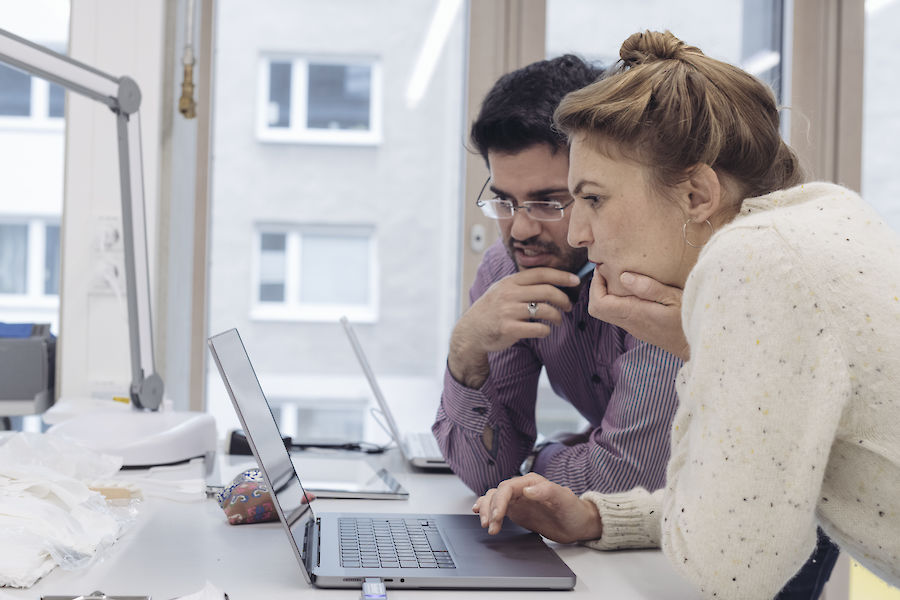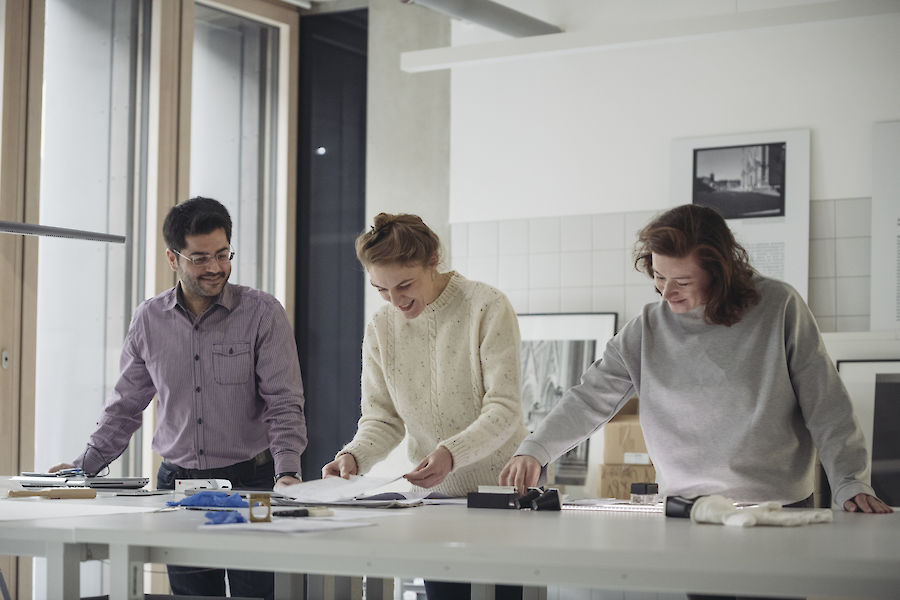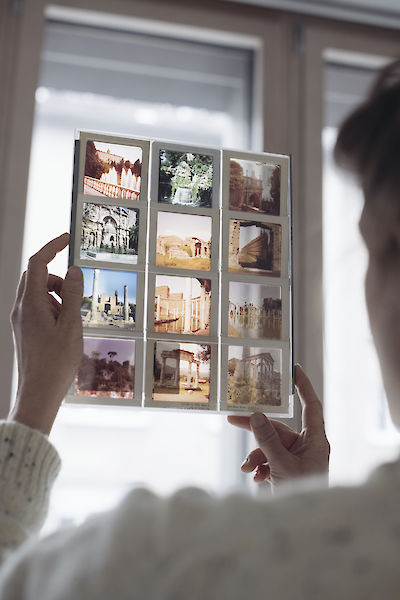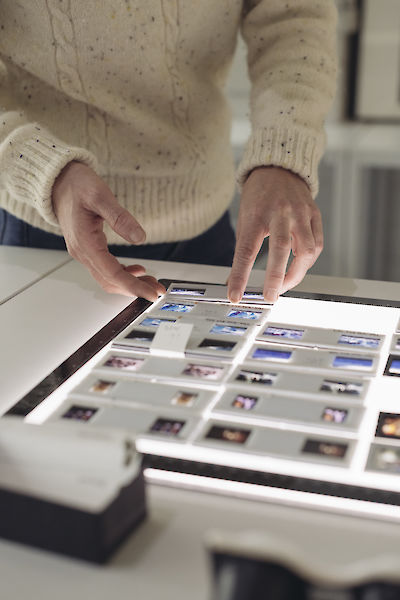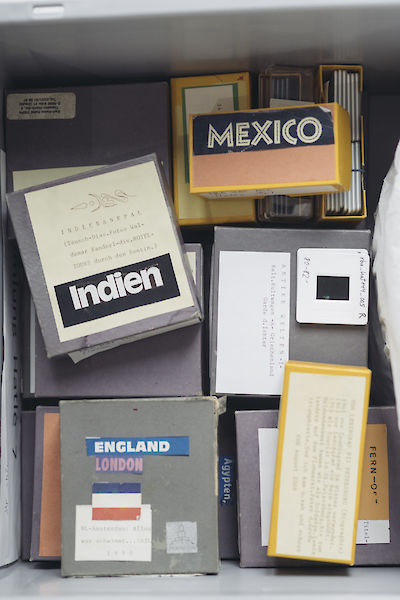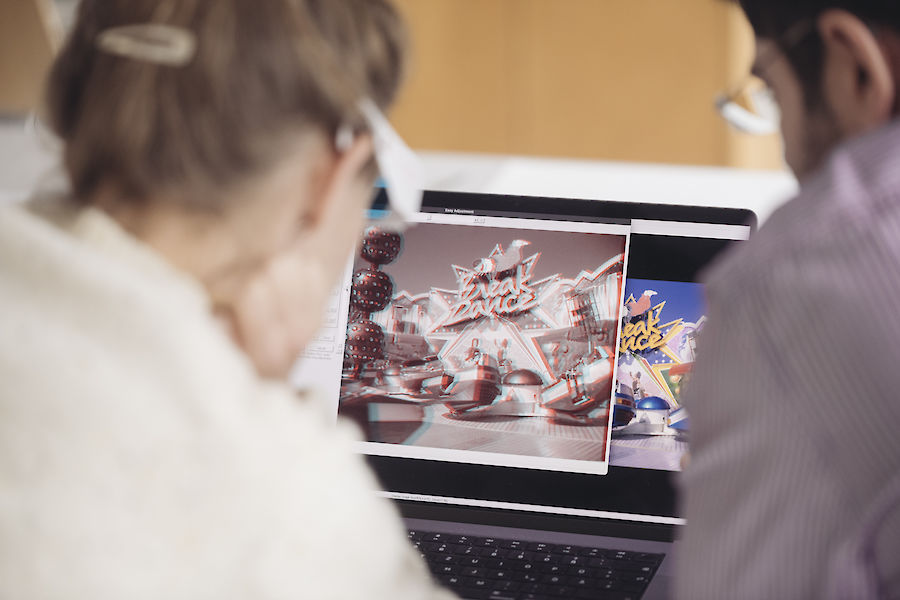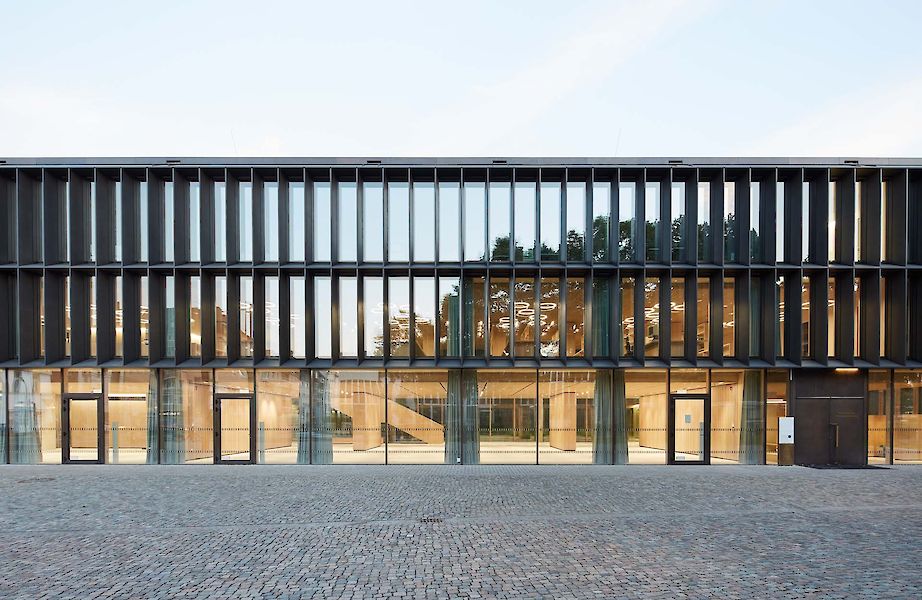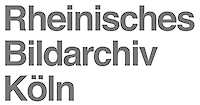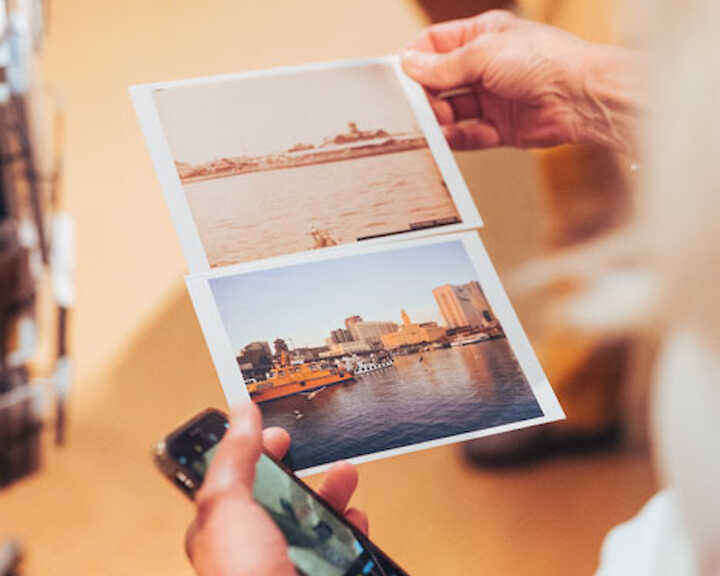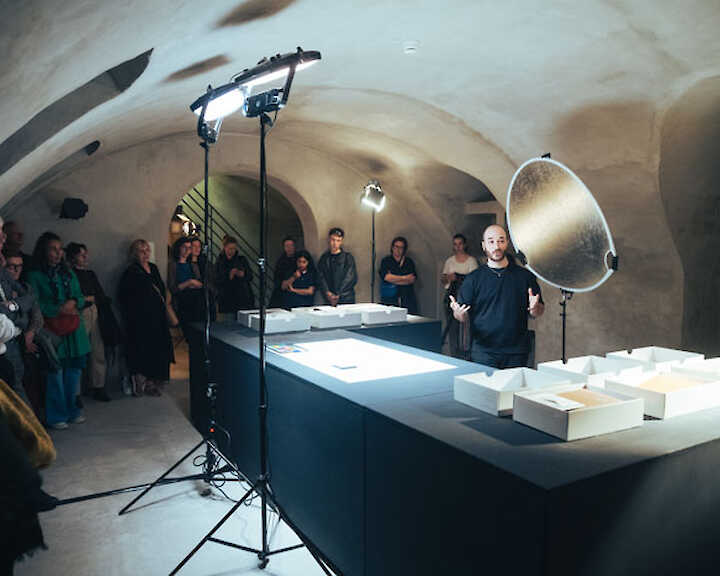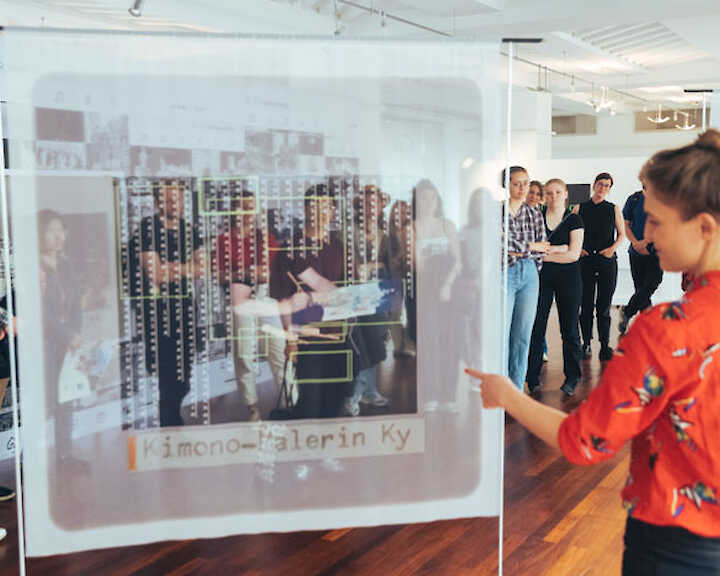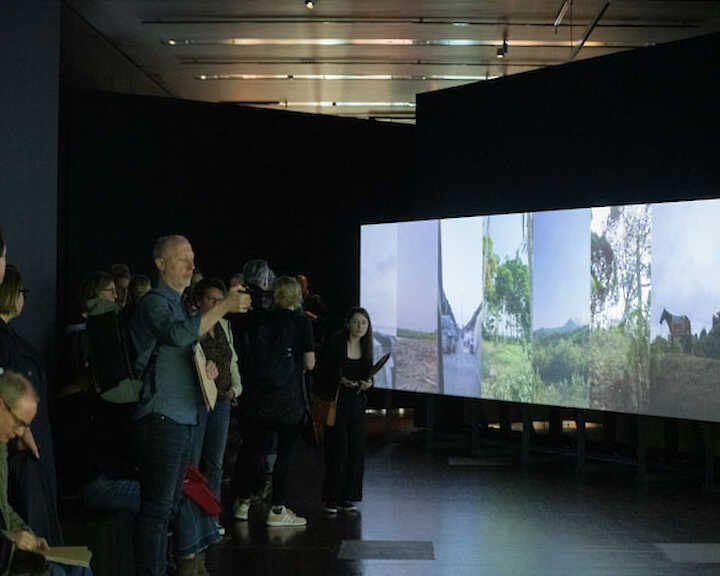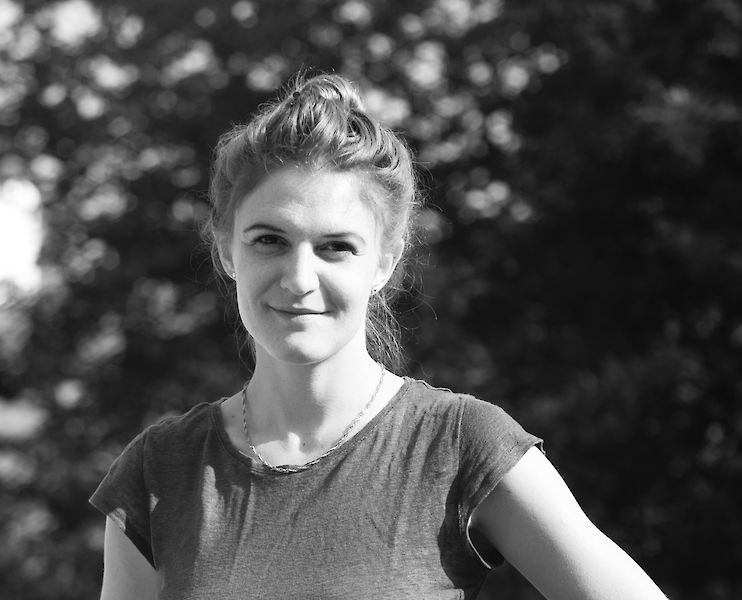
In her project for Artist Meets Archive in collaboration with the Rheinisches Bildarchiv, Lilly Lulay explores the question of how artificial intelligence views images and what, in comparison, guides its own artistic attention when viewing images. The basis for this is the archive of the Cologne (stereo) photographer Karl-Heinz Hatlé, who travelled many parts of the world from Europe to Latin America and Asia between 1961-1999, capturing the first signs of a globalised world of goods with his camera. Together with students from the Holweide Comprehensive School, Lulay reflects on today's image culture, which is shaped by algorithms and image recognition programmes. In her works, photographs are literally deconstructed so that perception is directed from the visual surface to the material, technical and social structures in which our photographs are embedded.
In Lilly Lulay's current projects, she investigates the influence of the smartphone on our everyday photographic culture and collective social behaviour. In doing so, Lulay identifies the smartphone as a popular photographic tool that has not only produced new globally networked image cultures, but also new forms of normative control and social surveillance. These functions are located at the beginning of the history of photography and find their extensions in today's techniques of facial recognition, location tracking and commercial and political targeting. Her current research therefore revolves around topics such as Big Data, AI, digital colonialism and the concept of surveillance capitalism developed by Shoshana Zuboff.In her works, these images are being literally deconstructed so that perception is diverted from the visual surface to the material, technical and social structures in which our photographies are embedded.
Lilly Lulay at the Photoszene-Festival 2023
Lilly Lulay was interviewed by students in the master's programme "Photography Studies and Research", which is led by Prof. Dr. Steffen Siegel. She talks about her artistic practice and her residency project.
More about Lilly Lulay:
https://lillylulay.de
https://www.instagram.com/lillylulay/
Lilly Lulay visits the Rheinische Bildarchive
Rheinisches Bildarchiv Cologne
The Rheinisches Bildarchiv has been producing, collecting, preserving and promoting photographs in a wide variety of formats since it was founded in 1926. It is one of the largest art-historical photo archives in Germany and is unique as local authority institution. The RBA develops analogue and digital presentation strategies and cooperates with Cologne's museums and cultural institutions, many other image archives and the independent scene. Since 2010, the archive's holdings have increased fivefold. It now comprises around 5.5 million photographic images in many formats from 35mm to the largest glass negative (70x90 centimetres) and materials: glass and film negatives, slides in 35mm and medium format, positive prints and over 800,000 digital images.
Currently, around 120 unique photographers' holdings have been identified, such as those of the well-known Cologne photographers August Sander, Karl Hugo Schmölz, August Kreyenkamp and Chargesheimer. The RBA owes the enormous increase in the number of holdings to the approximately 4 million negatives and slides from the analogue KölnMesse image archive with their great significance for the history of photography and culture in Cologne: among them all the photo documentations of Photokina, Art Cologne and the predecessor art fairs as well as all the other sections of the Cologne fairs. The RBA's own photographers have been taking photographs for the city of Cologne since 1926. The RBA thus produces a considerable part of its archive stock itself. In this way, it differs significantly from archives that merely "record" passively, which are classically covered by archive regulations. The RBA works more like a photo agency and provides a comparable photo distribution service, but has non-profit status and thus a public educational mandate. Since 2012, the main instrument for international photo distribution and image provision has been the image database www.kulturelles-erbe-koeln.de (KEK).
In 2021, the Rheinisches Bildarchiv moved together with the Historical Archive into the new building at the Eifelwall. In 2022/2023, it takes part in the Artist Meets Archive Programme of the Internationale Photoszene for the third time and provides Lilly Lulay with the estate of the Cologne (stereo) photographer Karl-Heinz Hatlé. The estate was donated to the Rheinisches Bildarchivby the Cologne Gymnasium and Foundation Fund in 2008. Together with students from the Holweide Gesamtschule, Lulay will realise the first AMA jr. issue.
